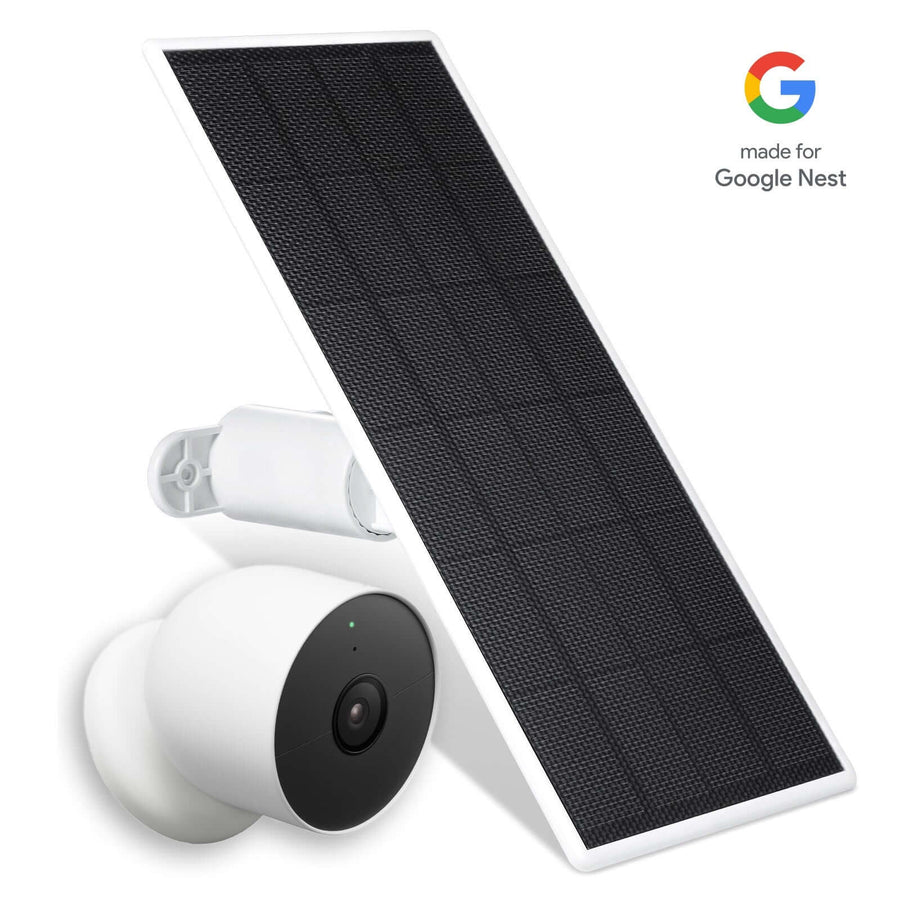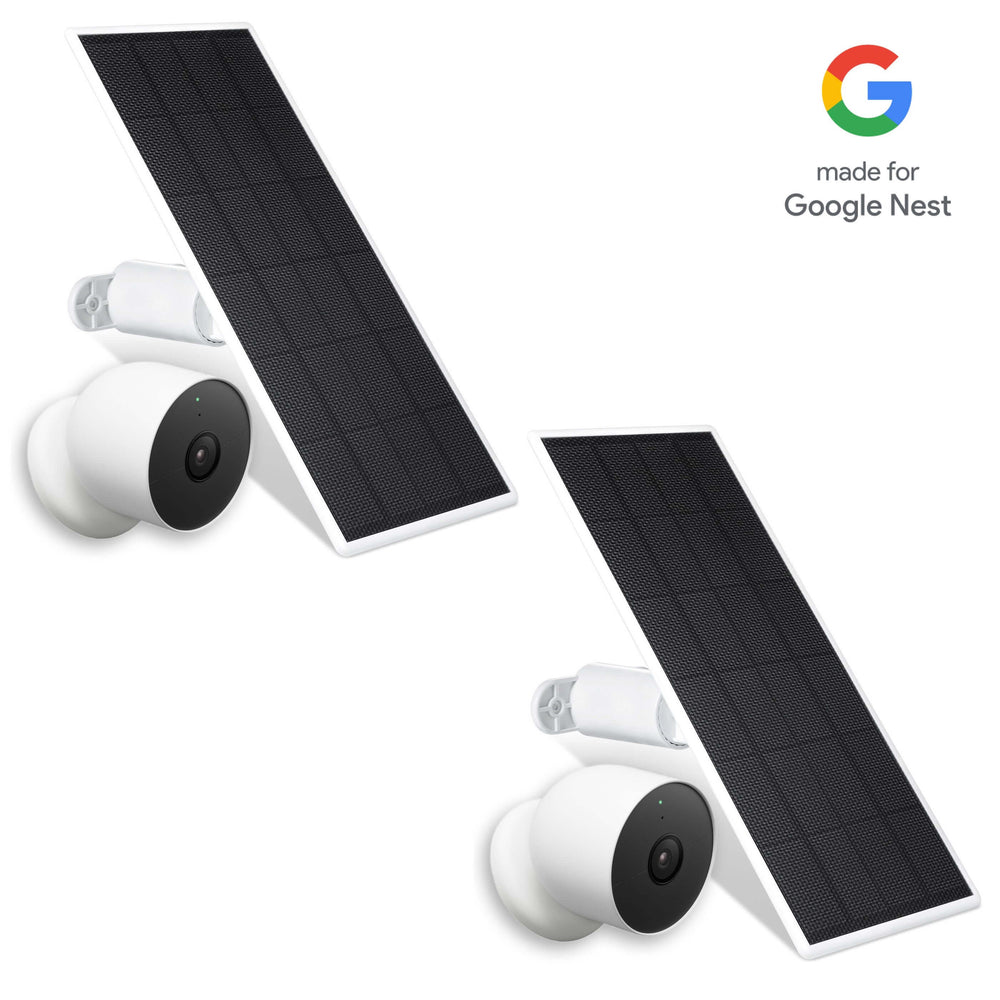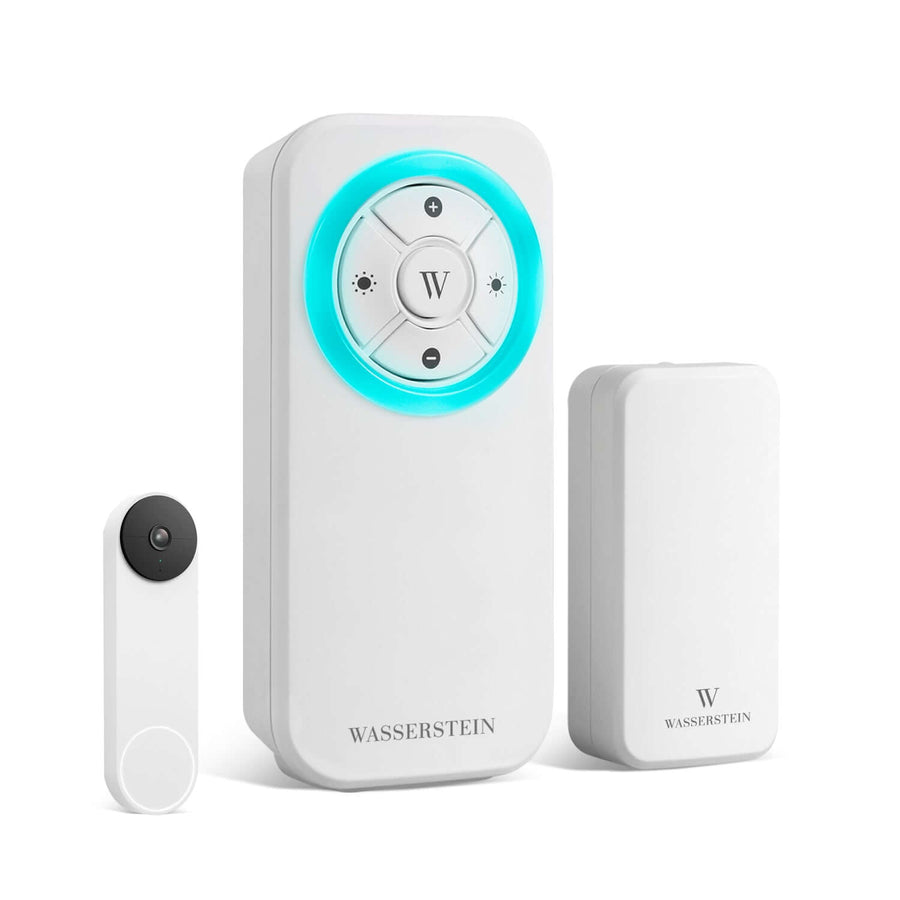Can Police Ask for Security Camera Footage? Your Rights Explained
Quick Summary
-
Police can request security camera footage, but they usually need a search warrant or court order to access footage from private property.
-
Homeowners can voluntarily share footage, but it is important to understand your legal rights and the privacy laws involved.
-
Security companies such as Ring, Google Nest, Arlo, and D-Link may provide footage stored in cloud storage when legally required or during emergencies.
-
Using end-to-end encryption and local storage helps you maintain control over your home security footage.
Understanding Security Camera Footage and the Law
Security cameras have become an essential part of home security, providing clear video evidence in the event of a crime. From video doorbells to full video surveillance systems, these devices help property owners monitor activity and protect their homes. Security cameras are also widely used by businesses to monitor commercial properties and deter theft.

However, with law enforcement agencies increasingly relying on security footage for criminal investigations, many homeowners and property owners—including business owners—are asking the same question: Can police access my camera footage, and what are my rights if they ask?
Understanding the balance between public safety and personal privacy is crucial. The Fourth Amendment of the U.S. Constitution generally protects citizens from unreasonable searches and seizures. This means that while police can request your home security footage, they cannot simply take it without proper authorization. Businesses and property owners have different legal considerations when it comes to sharing security camera footage with police.
When Can Police Access Your Security Camera Footage
In most cases, law enforcement cannot access private property or home security cameras without a search warrant or court order. The only time police may freely view footage is when it is recorded in public areas, such as a sidewalk, street, park, or other spaces where there is no expectation of privacy.

If your security cameras capture both public and private areas, such as your driveway and a portion of a neighbor's house, the portions recorded on your property remain private. Footage that includes a neighbor's house raises additional privacy considerations, and officers must have your permission or a legal order to view it. Law enforcement agencies must follow specific protocols when making such requests for security camera footage.
Access Without a Warrant
Police can review shared footage that residents have made available to the public or law enforcement. For example, if you post video footage online of a suspicious event, police can use it as part of an investigation without further authorization.
Access With a Warrant or Court Order
When footage is private, officers must obtain a search warrant or court order. Property owners have the legal right to refuse access to their footage unless presented with a valid warrant or court order. To secure this, law enforcement agencies must show probable cause that your specific video footage contains evidence of a crime. The warrant defines what they can collect, such as recordings from a particular time frame or area.
Once the warrant is granted, security companies or property owners are required to provide footage for that investigation.
Voluntary Sharing and Your Legal Rights
Sometimes police departments reach out informally, asking homeowners to share security footage. You can choose to comply or decline. Unless there is a court order or warrant, you are not legally required to provide access.
If you decide to help, do so carefully. Here are a few important steps:
-
Confirm legitimacy. Ask for identification and verify with the department’s non-emergency number.
-
Clarify the scope. Request details about the time frame, location, and the specific incident being investigated.
-
Limit what you share. Only provide footage that is directly related to the case.
-
Keep a record. Document who requested the video footage, when you shared it, and what clips were included.
For reliable recording, make sure your cameras are always charged and ready. Wasserstein floodlights improve nighttime visibility and keep your devices powered without frequent recharging. They also include adjustable mounts to ensure your cameras capture the best viewing angles for clear security footage.
How Does the Police Obtain Footage from Security Companies
Many security brands now store user recordings in cloud storage, making it convenient to view footage remotely. These videos are stored on company servers and may be subject to legal requests from law enforcement agencies. However, this also means your home security footage is kept on servers owned and controlled by security companies. Understanding how these companies respond to law enforcement requests is essential for protecting your privacy.
When Can Law Enforcement Access Cloud-Stored Footage
In most cases, Ring, Google Nest, D-Link, and similar security companies will only release video footage when legally required. This happens through a search warrant, court order, or subpoena obtained as part of a criminal investigation.

Image courtesy of Erwin Mascarinas
However, there are exceptions. Under the Electronic Communications Privacy Act (ECPA), these companies may share specific video footage in emergency situations involving potential danger to life or serious harm, even without a warrant. Police may request footage when investigating emergencies or potential crimes. While rare, this exception gives law enforcement agencies temporary access when time is critical.
The Case of Ring and the “Ring Neighbors” Program
Previously, Ring users could receive community-wide requests through the Ring Neighbors app. Police departments were able to post messages asking residents to share relevant security footage from a given time frame or area.

Image courtesy of Ring and CNET
This system drew criticism for potential overreach, and Ring has since discontinued direct public requests. Today, law enforcement must either submit a formal request to Ring or obtain a warrant to access stored camera footage.
How Different Companies Handle Requests
Policies vary across security brands, so it’s important to read the fine print in your device’s privacy policy. Some companies, such as Google Nest, may notify users when footage is shared with police, while others may not.
Key factors to check include:
-
Whether the company requires a warrant before sharing your data
-
How long your recorded footage is stored
-
Whether the company informs you after complying with a police request
-
If end-to-end encryption or local storage options are available
Being informed about these details helps you maintain control over your home security footage and understand how your provider manages law enforcement access.
How to Keep Your Cameras Powered and Ready
To make sure you never miss important evidence, keep your cameras continuously powered with keep your cameras continuously powered Wasserstein solar panels.

Our solar panels feature:
-
A 360-degree rotatable mount for flexible installation and maximum sunlight exposure
-
Ample cable length for versatile placement around your home
-
High-efficiency solar cells that charge even in low sunlight
Consistent power prevents downtime, ensuring your recorded footage remains available when an investigation or police request arises.
Privacy Risks and How to Maintain Control
The convenience of cloud storage comes with potential privacy issues. If your security footage resides on a company’s server, you are depending on that company’s policies and legal obligations. To keep full control of your video files, consider two safer alternatives:
Local Storage
Local storage keeps your recordings within your home, usually on a microSD card or hub. Brands like Eufy and D-Link offer home security cameras that store video files locally. This prevents third parties from accessing your data unless you personally decide to share footage.
End-to-End Encryption
End-to-end encryption ensures that only you can decrypt your video footage. Even if a security company receives a court order, it cannot access or share encrypted recordings. This feature is available on select models from Ring and other security brands, although it can limit certain functions such as remote viewing.
Physical Protection

Keeping your cameras secure is equally important. Wasserstein mounts are designed to help you place your devices where they can capture more evidence while avoiding tampering. Choose from gutter mounts for higher viewing angles, anti-theft mounts for added protection, or angled and solar charger mounts for video doorbells to improve their coverage and power efficiency.
Facial Recognition and Law Enforcement
Facial recognition is a growing tool used by law enforcement agencies to identify suspects in surveillance footage. While it can speed up investigations, it also introduces serious privacy concerns.
Because facial recognition can misidentify individuals or collect biometric data without consent, several cities have passed laws restricting or banning its use. Before enabling this feature on your security cameras, consider its implications.
You can reduce privacy exposure by adjusting your camera’s viewing angle. Adjustable mounts allow you to aim cameras precisely and minimize how much public space or neighboring property is visible in your video footage.
How to Respond to a Police Request
If you receive a police request for your security camera footage, it is best to handle it calmly and carefully.
-
Verify the officer’s identity. Contact the police department using its official number.
-
Request documentation. Ask if a search warrant, subpoena, or court order authorizes the request.
-
Confirm the purpose. Determine what time frame and event the officers are interested in.
-
Limit your response. Only provide footage relevant to the investigation.
-
Make backups. Save copies before handing over any files.
-
Document the interaction. Keep notes of all details, including the officer’s name and badge number.
-
Seek legal advice. Consult an attorney if you are uncertain about your obligations.
Reliable security cameras and accessories can make this process easier. Solar panels and floodlights keep your devices powered during long investigations or power interruptions, ensuring you always have continuous security footage to review or provide.
What Happens After You Share Footage
Once you provide footage, it becomes part of the official criminal investigation. Police may analyze it to identify suspects, verify timelines, and gather evidence for court proceedings. Such footage can also be presented in courts as part of legal proceedings, where courts interpret its relevance and legality in the context of privacy rights and surveillance laws.
However, once submitted, you typically will not be update how your footage is used. Law enforcement may store it indefinitely if it supports ongoing or future cases. For this reason, always keep your own copies of any shared video files for your records.
Your Legal Rights and Best Practices
The Fourth Amendment gives you the right to privacy within your home and protects you from unreasonable searches. Knowing your rights helps you make informed decisions about police access and footage sharing.
Best practices for homeowners:
-
Organize camera footage by date and time frame for quick access.
-
Prefer local storage whenever possible.
-
Enable end-to-end encryption on compatible devices.
-
Regularly review the privacy settings of your security brands.
-
Question any vague or overly broad police requests.
Staying Informed: Security Brands and Evolving Laws
The relationship between security companies and law enforcement continues to evolve. Ring, Google Nest, and D-Link have all revised their privacy policies to balance public safety and user rights.
The Ring Neighbors program once allowed police departments to request footage directly from residents. Due to privacy issues, that feature has been removed, and most companies now require warrants or formal requests instead.
Staying informed about these policy updates is essential. Check your app settings and read the latest privacy laws in your state to understand how security footage can be shared or accessed.
Protecting Your Privacy and Cooperating Responsibly
Home security cameras are powerful tools for protecting your property and providing video evidence when crimes occur. However, they also raise questions about privacy and data control.
By understanding your legal rights under the Fourth Amendment, you can make confident choices when handling police requests. Use local storage, enable end-to-end encryption, and always document your interactions with law enforcement.
FAQs
Can police use security camera footage as evidence?
Yes. Security camera footage can be used as evidence if it’s relevant and obtained legally through a warrant, court order, or your consent.
Do police need a warrant to access private footage?
Usually yes. Law enforcement must have a search warrant or court order to view home security footage recorded on private property.
How long do home security cameras keep footage?
It depends on your setup. Cloud storage typically keeps recordings for 7–60 days, while local storage saves them until the memory is full or deleted.
Can homeowners refuse to share footage?
Yes. You can decline a police request unless there’s a valid warrant or court order. Always verify the officer’s identity first.
Do security companies share footage with police?
Sometimes. Ring, Google Nest, and D-Link may share video footage if legally required or during emergencies allowed under the ECPA.








Leave a comment